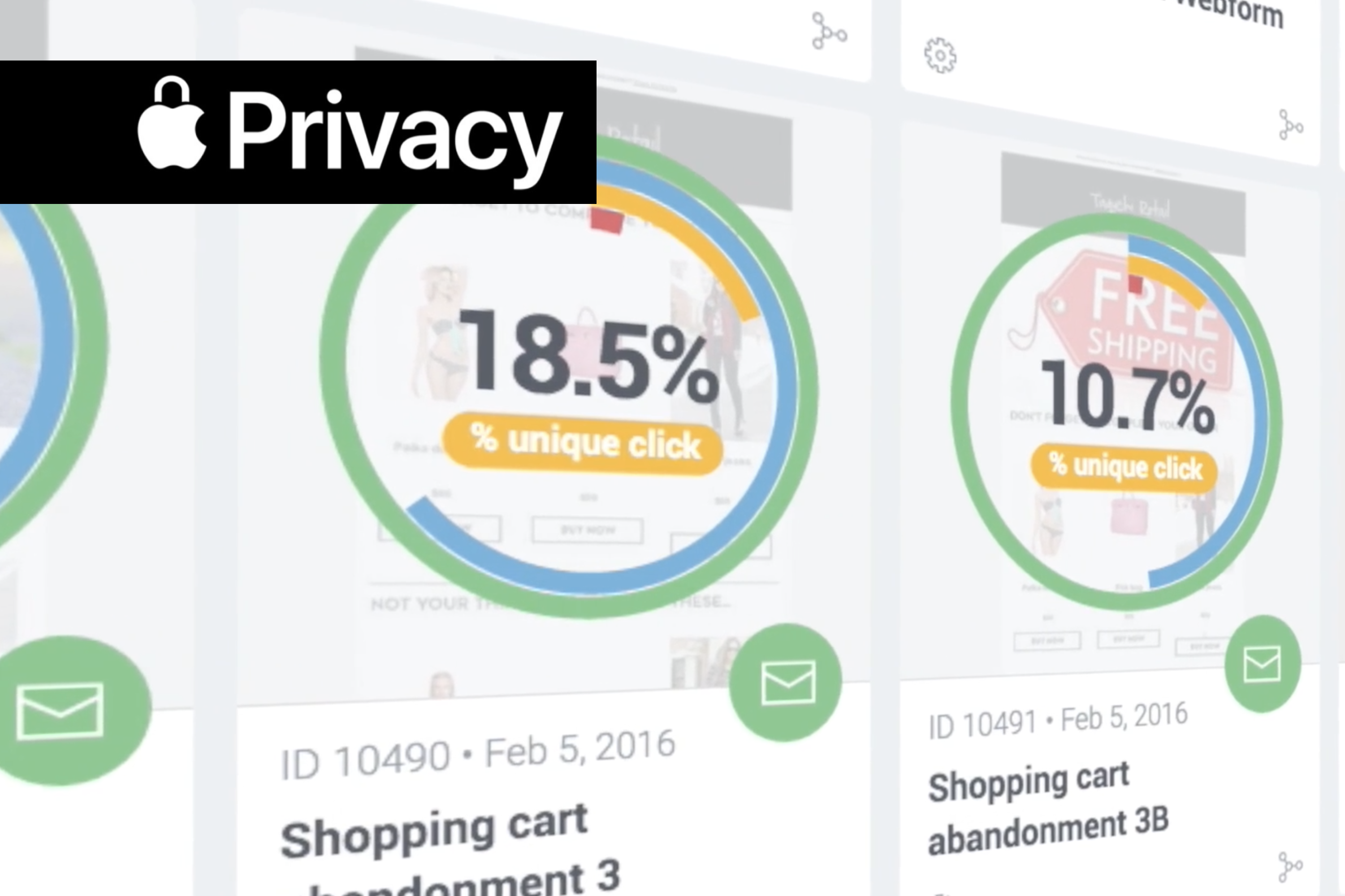Marketing automation is transforming the customer relationship
The dividing line between marketing and purchasing is blurring as the same digital communication is increasingly serving both roles. Dean Maidment, Managing Director of TaguchiMarketing Pty Ltd, explains the fundamental shifts under way.
Shopping in a digital world
Shoppers are increasingly comfortable – and even dependent on - interacting with a business through the click of a mouse or a touch of their device.
They have become used to viewing a product or service online as well as purchasing it digitally.
In the first digital wave, that interaction was largely one way. Customers viewed what was on offer and made their purchase decisions.
In the second digital wave, smart technology is able to reach out and interact with the customer in a bespoke way.
The customer interacts with the technology and may receive a personalised digital message and even transact with that same message digitally.
Marketing automation has evolved
The days of ‘one size fits all’ communication are largely over.
Automation technology and data management allow increasingly sophisticated, personalised and timely communication by email, SMS, web and mobile.
Sophisticated analysis of customer data enables business to provide offers, deals and products that are tailored to their customers’ needs, interests and hip pockets. Over time, smart algorithms can learn and adapt and allow business to respond more quickly and effectively.
Instead of waiting for someone to visit their website or for the business to understand what they’ll want next, intelligent marketing automation allows a business to be predictive and proactive.
“Intelligent marketing automation allows a business to be predictive and proactive.”
Getting to know your customer
Marketing automation is not only an effective way to reach out to customers and generate sales, as traditional marketing does.
The technology is also invaluable in building an accurate and detailed picture of customers. And this information can flow in real time. This, in turn, allows a business to respond more effectively and appropriately to their customers.
Marketing automation’s growing reach
Major retailers and fast food chains are increasingly using marketing automation to understand their customers and deliver what they want.
A bespoke digital relationship could be extended into areas such as financial services. Whether it is life-cycle management for mortgages, retention of credit card customers or communicating changes around superannuation, marketing automation can play a role.
Marketing automation also offers benefits to franchises, as individual franchisees can localise marketing communications, targeting customers according to their individual profiles and their stores’ local market knowledge.
Data security is critical
The acceleration to digital is also highlighting new challenges around data security. Where a customer’s data is stored, who handles it and how it can be used are critical issues facing companies and regulators. COVID-19 has brought this into even greater focus.
The Australian government recently announced a move to protect the sovereignty of citizens’ data and businesses are also seeking more assurance and transparency around data management.
That’s why the trend is towards managing and storing Australian data in Australia, as well as having direct access to the people who run the systems.
Taguchi’s technological lead
TaguchiMarketing Pty Ltd (Taguchi®) is an Australian-owned and operated company that has developed a world-class marketing automation system.
Taguchi clients include household names such as Domino’s Pizza, Webjet and Accor Hotels.
Taguchi’s multichannel digital marketing platform was recently awarded a US patent for its cutting edge technology that uses artificial intelligence to improve customer reach.
Taguchi clients benefit as they can tailor their customer messages for effective outcomes, and they can measure the return on investment for each message sent.
Users with minimal technical skills can create and implement highly advanced data-driven marketing campaigns, backed by the support of Taguchi’s Australian team of professionals.
Taguchi’s platform complies with the requirements of ISO 27001, and its recently-established Australian data centre completes the full service offered to its clients.
The widespread global dislocation caused by COVID-19 and increasing concerns around sovereignty, business continuity and supply chain surety have put the focus on where a business operates from and who is doing the work.
Photo by Blake Wisz on Unsplash








